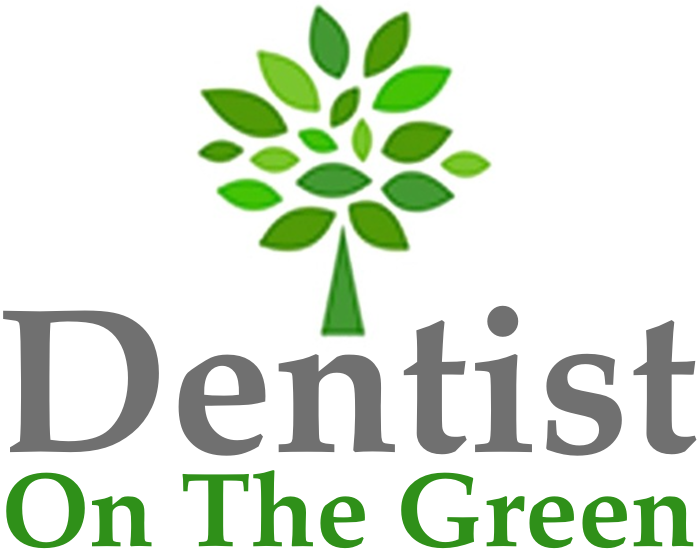Serious Infection

Infections can develop anywhere in your mouth – in the gums (periodontal), lips, palate, cheeks, and tongue, or within and below teeth (endodontic). Paying attention to dental health is important in preventing dental infections. A dental infection, within or below a tooth, can be caused by tooth decay or a broken tooth that causes the pulp to become infected. The pulp is the part of the tooth that contains blood vessels, connective tissue, and large nerves. When an infection occurs, bacteria can move out of the tooth to the bone or tissue below, forming a dental abscess. A dental infection can lead to sepsis.
Sometimes incorrectly called blood poisoning, sepsis is the body’s often deadly response to infection. Sepsis kills and disables millions and requires early suspicion and treatment for survival.
Sepsis is the body’s overwhelming and life-threatening response to infection that can lead to tissue damage, organ failure, and death. In other words, it’s your body’s overactive and toxic response to an infection.
Your immune system usually works to fight any germs (bacteria, viruses, fungi, or parasites) to prevent infection. If an infection does occur, your immune system will try to fight it, although you may need help with medication such as antibiotics, antivirals, antifungals, and antiparasitics. However, for reasons researchers don’t understand, sometimes the immune system stops fighting the “invaders,” and begins to turn on itself. This is the start of sepsis.
Preventing dental infections with good dental health
Preventing infections from occurring in your mouth will help you reduce your risk of developing sepsis. Regular twice-a-year visits are usually recommended for up-to-date x-rays, exams, and dental cleanings.
Good oral hygiene is the first basic step in promoting good dental health and preventing infections. These habits should be taught to children from early on to help them keep healthy mouths and teeth.
- Brush your teeth thoroughly at least twice a day.
- Floss your teeth at least once a day.
- Don’t over brush – brushing too hard or with too hard a brush can damage your teeth. Ask your dental hygienist for the best way for you to brush your teeth.
- Don’t use your teeth to open packaging, break string, etc. Your teeth are strong, but they are meant for chewing food, not hard objects, which can cause teeth to crack, chip, or break.
- Visit our dental office at least twice a year for a thorough cleaning and check up.
- If you have had dental work, watch for any signs of infection and contact us if you experience any of the signs listed above.
Infection after dental work
Dental work, from cleaning to root canals, may cause bleeding and an opening where bacteria can enter the body. While dentists, hygienists, and dental assistants work to keep everything as clean as possible as they do their work, sometimes infections do develop, just as sometimes they do after surgery on another part of the body.
Any dental work that makes you bleed, including teeth cleaning, can lead to endocarditis. Other common opportunities for the infection include tonsillectomies, examination with a bronchoscope, prostate or gallbladder surgery, and other operations in the respiratory airways, digestive tract, or urinary tract.
If you notice any of the following symptoms of a tooth infection spreading, it’s important to seek emergency medical care: Fever or low body temperature. Swelling around the face and neck. Malaise and feeling “unwell”
One way you can help your gums to heal is by rinsing with a salt water solution. Dissolve ½ to one teaspoon of salt in a glass of warm water. This solution helps to soothe irritated gum tissue as well as draw out infection, allowing your gums to heal.
